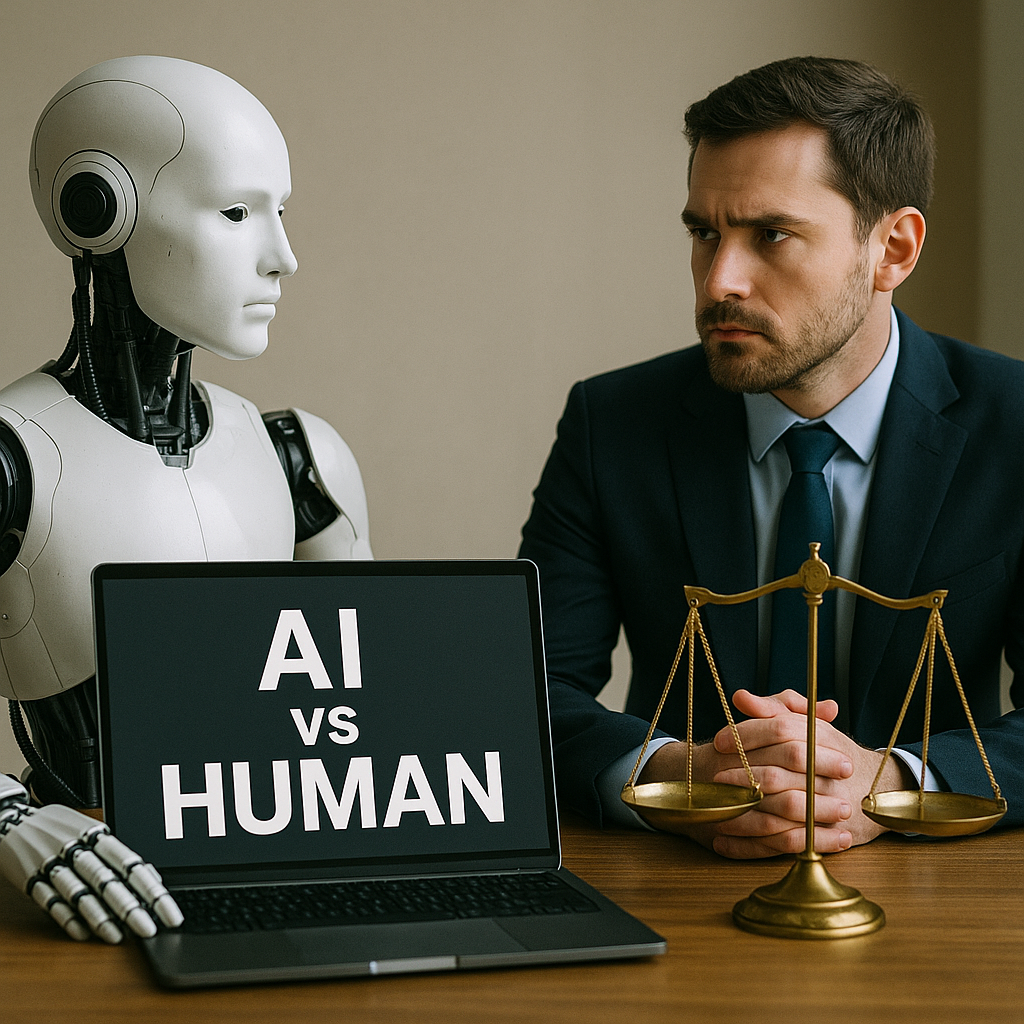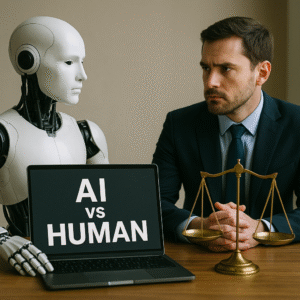Navigating the Ethical Landscape of AI Agents in Business Automation

As artificial intelligence evolves, AI agents are becoming central to business operations. They streamline taAs artificial intelligence grows, AI agents are becoming vital to business operations. They boost efficiency and assist in decision-making. However, their rapid use raises serious ethical questions. These include concerns around AI law, ethical AI design, and the real impact on workers.
Recent studies highlight three major issues we must consider when introducing automation in the workplace.
1. Job Displacement and Economic Security
One major issue is job displacement. As AI agents take on more tasks, many workers fear losing their jobs. Research shows this concern is widespread. In particular, the “Automation Red Light Zone” shows where AI is highly capable, but workers do not want it. This reveals a mismatch between what AI can do and what people are comfortable with.
As a result, forced automation may lead to tension and pushback. Moreover, studies show that where workers most want automation is not where it’s being used. This could create economic disruption instead of support. Therefore, aligning automation efforts with worker needs is essential. Companies should also invest in reskilling programs. In addition, policymakers must update AI laws to protect workers and ensure fair transitions.
2. Diminished Human Agency and Worker Well-being
Another concern is loss of human agency. Many workers fear that AI will take away creative control and reduce personal input. This is especially true in fields like arts, design, and media.
To better understand this, researchers developed the Human Agency Scale (HAS). It measures how much control workers want to keep. Interestingly, many workers prefer more human involvement than experts believe is needed. As AI grows, this gap could lead to workplace tension.
Therefore, it’s important to keep humans in the loop. Ethical AI must respect people’s desire for control. For example, giving employees the choice to review or override AI suggestions supports both trust and satisfaction. In short, a worker-first approach can make AI more supportive and less intrusive.
3. Trust, Accuracy, and the Reliability of AI Systems
Lastly, many workers do not trust AI systems. They worry about errors and lack of reliability. For instance, some say, “We cannot rely on its accuracy.” Even when AI performs well, people often feel the need to double-check.
This issue becomes even more serious in high-stakes tasks. In such cases, people prefer to make the final call. They also want AI to be transparent and easy to understand. Without this, trust cannot grow.
To solve this, AI agents must become more dependable. Developers should focus on testing, validation, and human oversight. At the same time, emerging AI laws are setting rules to ensure safe and ethical use. As a result, trust in AI systems can improve over time.
Conclusion: Building a Responsible AI Future
In conclusion, AI agents offer great potential. Yet, without proper safeguards, they can create ethical risks. Businesses must address concerns about job loss, personal control, and system trust. They must also follow ethical standards and comply with evolving AI laws.
When companies use AI responsibly, they benefit everyone. Workers feel more secure. AI tools perform better. And the future becomes more human-centered. That’s how we can build a world where humans and AI thrive together.


Post Comment